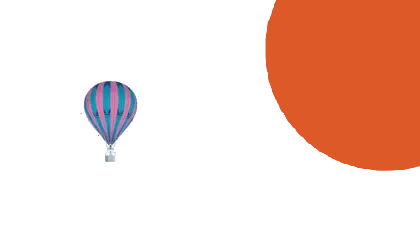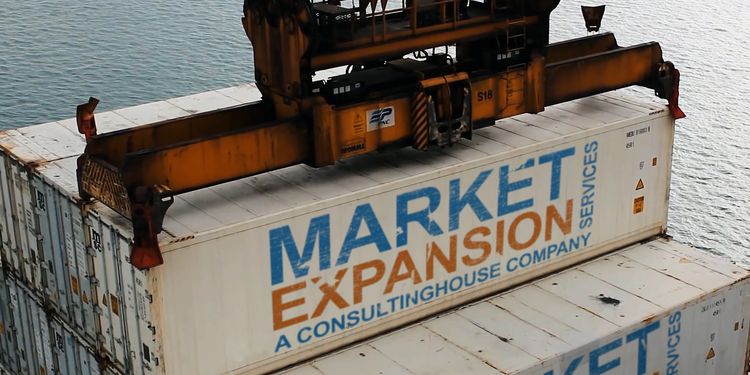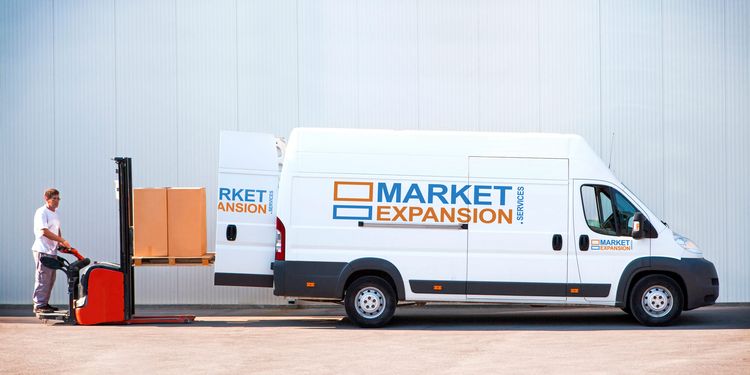We provide strategies to land and expand your company in Germany.
- Consultinghouse.eu
- Solutions
- Business incorporation
- German taxes
- German customs duties and import regulations

GERMAN CUSTOMS DUTIES AND IMPORT REGULATIONS
OVERVIEW
Germany and all other EU Member States make up a customs territory with uniform customs regulations. Products imported into the EU are subject to EU-wide import regulations, customs tariffs and customs procedures. This means customs duties are only levied once on import into the EU. No additional duties shall be paid within the customs territory once goods are imported, even when crossing the internal borders of the Member States.
A new customs code of the European Union, the Union Customs Code (UCC) has been in force since May 1, 2016. The UCC is flanked by implementing and delegated acts. The UCC replaces the 1992 Community Customs Code. In some areas (e.g. IT procedures), transitional provisions partially apply until the year 2020.
The Agreement on the European Economic Area (EEA) is one of the most common regulations for Norway, Iceland and Liechtenstein. The EU has also entered into an agreement with Andorra, San Marino and Turkey. There are trade agreements with many other countries which allow duty-free importation of certain goods or the importation at preferential tariffs.
Overview
- Common customs tariff in the EU
- Customs procedures
- Provision
- Customs declaration
- EORI number
- Import restrictions
Common custom tariffs in the EU
The amount of the duty to be paid on the importation of goods shall be fixed in the Common Customs Tariff of the Community. The rates are the same for all Member States. Up-to-date tariff rates can be determined via the central EU database, TARIC (Integrated Tariff of the European Community) or the German Electronic Customs Tariff (ECT).
- TARIC
- EZT-Online information
The nomenclature of the EU tariff is based on the Harmonized System for the Designation and Coding of Goods (HS) of the World Customs Organization. The rules laid down in the system allow each product to be classified in the nomenclature and assigned a number using the rules specified.
For the most part, customs duties are stated as ad valorem duties.
The basis of assessment is the customs value of the goods. Its primary basis is the so-called transaction value of the goods, i.e. the price actually paid or payable for the goods at the time of importation of the goods into the customs territory of the Union. In individual cases additional costs incurred before import, such as packaging, transport or insurance costs, must be added. Components such as EU import duties may not be included in the transaction value.
Customs procedures
Goods in the customs territory of the EU have either the status of Union goods (goods manufactured or obtained in the EU or goods already released in the so-called "free circulation") or the status of non-union goods (all goods which do not meet the criteria of a Union goods). The importer is not allowed to include non-Union goods or only to the extent authorized by the customs administration.
The purpose of the goods determines the choice of the customs procedure. Unlike the former Community Customs Code, the UCC no longer provides for eight, but only three main groups of customs procedures: • Release for free circulation,
- Shipments of goods from the customs territory of the Union
- Special procedures.
The special procedures mainly include the procedures previously operated as separate customs procedures: • Shipping (external and internal transit)
- Usage (temporary or end-use)
- Finishing (active and passive)
- Storage in customs warehouses or free zones
- In Germany, there is currently a free zone in the free port of Bremerhaven.
Provision
The recording of the movement of goods is uniformly regulated and follows a defined pattern. In order to be eligible for a customs procedure, non-Union goods must be placed first.
The declaration of the goods is considered as the notification to the customs authorities that goods have arrived at the customs office or at another place designated or approved by the customs authorities and are available for customs inspections. Most often, before the goods are allowed in the EU, a summary entry notification must be issued within certain time limits in order to allow the customs authorities to carry out a risk analysis before the goods are imported.
Custom Declaration
The goods in question are then declared for customs clearance. A customs declaration must be submitted. This is generally submitted electronically via the "ATLAS procedure" until the IT systems have been successively adapted to an EU-wide uniform electronic system.
The registration formalities must be done through an EU-based company. The submission of a customs declaration by a representative, for example a forwarder, is permitted. Companies from third countries can submit a customs declaration themselves only in a few, more specific cases.
In the case of regular importation, the simplified customs declaration may be issued, subject to appropriate authorization by the customs authorities. In the simplified customs declaration, certain information is omitted, which will generally be submitted in a supplementary declaration within 10 days.
EORI number EORI
In order to participate in customs procedures, an EORI number is required. The EORI number is an EU-wide unique number assigned by a customs authority to an economic operator for registration for customs purposes.
Economic operators are persons who are involved in activities covered by customs legislation in the course of their business. An EORI number is generally granted to EU-based economic operators. Companies from third countries can only receive an EORI number in a few exceptional cases, such as for the issuance of a summary entry declaration.
All companies based in the EU can be certified as Authorized Economic Operator (AEO) by the relevant main customs Office. As such, they are considered particularly trustworthy in all Member States of the EU and can benefit from customs clearance. In addition, they are given a more favorable risk assessment which makes them less likely to be affected by customs controls. According to the new UCC, this can lead to a permit for self-control to a certain extent.
Import restrictionsI
Certain goods may only be marketed in Germany if they fulfill certain conditions with regard to their content or technical specifications.
The existence of prohibitions or restrictions can be seen in the import and export list via the German Electronic Customs Tariff (ECT). If a commodity has any prohibitions or restrictions, the note "VuB" (prohibitions and restrictions) appears next to the corresponding commodity tariff number.
However, very few goods are actually affected by import bans. Different authorities are responsible for the granting of permits and licenses, depending on the type of goo
PLEASE NOTE
For tax & legal advisory please refere to our cooperation partner Counselhouse .
MARKET EXPANSION SERVICES
ME.S is a professional services firm committed to helping international companies to reach new customers for any kind of product in Germany & Greater Europe. Our services can be tailored to support individual steps of the value chain. Furthermore, we advise companies to organize and operate their own individual value chain within and across the European markets.
LET US BE A PART OF YOUR SUCCESS STORY

WHY US?
- Strong experience in supporting foreign companies to develop their business in Germany
- Our clients success is our success. Our objective is to grow along our clients
- We are family owned. Our long- term perspective allows for good strategy and decision-making
RELATED BUSINESS CASES
.png)
Oscar Charles successfully imports its high-class makeup brushes to Germany with a German EORI number
TO LEARN MORE ABOUT HOW WE CAN ADD VALUE TO YOUR BUSINESS IN GERMANY, PLEASE DO NOT HESITATE TO CONTACT US TODAY!
Book your advisory call today
We help you to assess the current phase of your business and to build your personal roadmap about how your business can start and grow in Germany.
Market Entry Newsletter
Our newsletter covers the news you need. Subscribe now.
CONTACT US
To learn more about our services and how we can create value for our international clients when doing business in Germany, please contact us by filling out the following form. You also can get in touch with us directly +49(0)6181 250330 or +49 (0) 176 658 974 68 or info@consultinghouse.eu
















.png?width=512&height=512&name=union%20(4).png)














